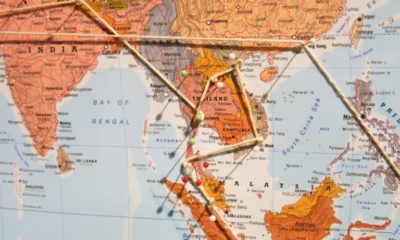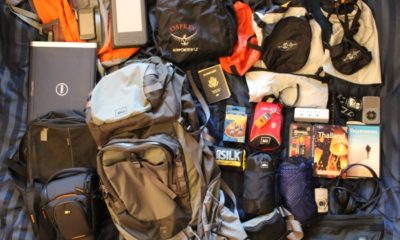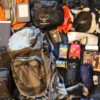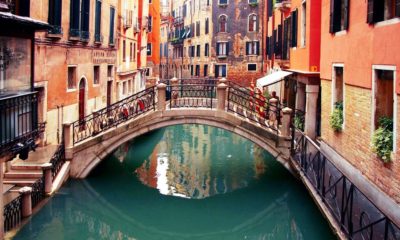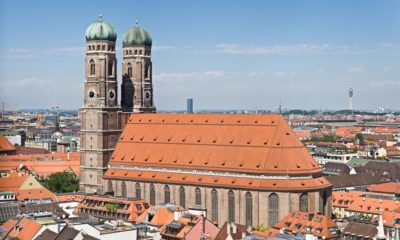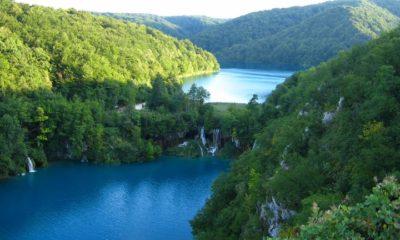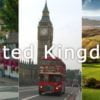Europe
Backpacking Hungary Need To Know
Basics
Language:
Capital:
Currency:
| Dial Code:
International Access Code:
Emergency Services Number:
Time Difference:
|
Entry
Hungary is a member of the borderless Schengen Zone, meaning you can freely move to other member states without the need for multiple visa applications and passport controls.
Citizens of the EU, EEA and Switzerland don’t need a visa to enter the Schengen Zone, and can generally stay for as long as they wish.
A vast amount of passport holders from other countries can also enter the Schengen Zone visa-free for up to 90 days including; Australia, Canada, New Zealand and the United States.
Citizens of visa-exempt nations need only produce a passport which is valid for the entirety of their stay, but other nationals require a Schengen visa and must have a passport which has at least 3 months’ validity beyond their period of stay.
For official information visit kormany.hu or your home government travel bureau.
Getting Around
Official Europe wide rail passes can be obtained through Rail Europe
More details are to come in this section, but you can read about general advice regarding Getting Around When You Get There
Accommodation
Hungary has a plenty of hostels in tourist hotspots; you should never have any problem finding one in Budapest.
The average price of a hostel is 1,500-5,500 HUF (€4-14) a night.
All hostels in Hungary will provide linen and bathroom facilities. Usually there will be cooking and internet facilities as well as common and laundry rooms.
Read more about Accommodation When You Get There and Living in Hostels
Food And Health
The standard of food safety and hygiene is good, and there are many places to eat out cheaply, if you do not wish to cook.
Water is generally safe to drink from all kitchen taps in Hungary, unless stated. If in doubt, stick to bottled water.
Medical facilities are good, but make sure you have adequate travel insurance and accessible funds to cover the cost of any medical treatment and repatriation.
EU and EEA citizens should get a free European Health Insurance Card (EHIC) before leaving home. The EHIC isn’t a substitute for medical and travel insurance, but it entitles you to state provided medical treatment that may become necessary during your trip.
Other nationalities may also have reciprocal health care agreements, find out from your government travel bureau.
Always contact your GP around 8 weeks before your trip to check whether you need any vaccinations or other preventive measures. Visit here for Recommended Vaccinations and read here for more about Travelling Health In General
Weather & Time To Go
Temperatures in Hungary vary hugely between summer and winter; therefore it is best to head to Hungary in the summer months – it can drop to as low as -20°C in some parts during winter. Rainfall is more frequent in the autumn and the western part of the country usually receives more rain than the east. Budapest has a continental climate with pleasant temperatures in spring and autumn.
Communications
Internet and wifi is widespread and accessible in most hostels. Local pay-as-you-go SIM cards for your mobile phone and international calling cards are cheaply available.
Dangers And Considerations
Thieves, pickpockets and scam artists commonly operate in tourist areas and on public transport networks and stations. Pickpockets often work in gangs, some distracting you while the others go into your bags, so be alert and try not to get distracted around tourist attractions and cash points.
Beware of bars, clubs and restaurants that don’t properly display prices, and never ask a taxi driver to recommend a bar or club. Certain establishments in Budapest, particularly near V district, charge exorbitant prices to tourists, and security bouncers threaten victims with violence if they refuse to pay. Some taxi drivers are in on the scam and receive a commission for bring you to them.
Only exchange money at reliable places like banks and ATMs, as there are a great number of forged banknotes in circulation.
You must be able to show some form of ID if requested.
Dangers constantly change. Always check with your foreign office (British Foreign Office webpage) or travel advice bureau for the latest information regarding your destinations safety.
Read more about Safety And Security here
Respecting Culture
Symbols such as the communist red star and hammer and sickle, the Nazi swastika and SS symbols, and the Hungarian fascist Arrow Cross, are prohibited by law; so be particularly conscious of what you are wearing. The 1956 Revolution can also be a sensitive subject.
Hungarians tend not to clink beer glasses or beer bottles. This is due to the legend that Austrians celebrated the execution of the 13 Hungarian Martyrs in 1849 by clinking their beer glasses.


